Sarah thought she was doing everything right. She bought blackout curtains, got a white noise machine, even invested in a new mattress. But night after night, she'd wake up feeling unrested, foggy, somehow more exhausted than when she went to bed.
Then one night, her phone died and she had to use an old alarm clock from the closet. She moved her phone to the kitchen to charge overnight.
That next morning, something felt different. She actually felt rested.
Curious, she started paying attention. The baby monitor they'd set up for the baby. Two phones charging right next to the bed. The smart speaker. The WiFi router sitting in the corner. The TV that stayed on standby mode all night.
Her bedroom wasn't a place to rest anymore. It had become something else entirely - packed with devices that never really turned off.
The Bedroom Problem No One Warned You About
Your bedroom is supposed to be where your body recovers, where your nervous system downshifts, where cellular repair happens. But for millions of people, it's become the most electromagnetically saturated room in the house.
A groundbreaking study of 854 electric power plant workers in China's Zhejiang Province revealed something most people never consider: workers with the longest daily electromagnetic field exposure had a 68% to 112% higher risk of poor sleep quality compared to those with minimal exposure.
These weren't people scrolling Instagram at 2am. They were simply spending time in electromagnetically active environments. And the correlation was undeniable: the more EMF exposure, the worse their sleep became.
The question is: could your bedroom be creating the same problem?
5 Warning Signs Your Bedroom Is an EMF Hotspot
1. You Have a "Charging Station" on Your Nightstand
Look at your nightstand right now. How many devices are plugged in within arm's reach of where your head rests for 7-8 hours every night?
The typical modern nightstand includes:
- Your smartphone (often serving as your alarm clock)
- A smartwatch charging dock
- Wireless earbuds in their charging case
- A tablet or e-reader
-
Sometimes a laptop
Each charging device creates its own electromagnetic field. But here's what most people don't realize: these fields don't just exist when you're actively using the device. They're constant. They're operating all night long, mere inches from your brain.
Research on mobile phone radiation exposure before sleep found that even 30 minutes of exposure can affect melatonin onset timing - the critical moment when your body begins producing the sleep hormone that tells you it's time to rest. When study participants were exposed to mobile phone emissions for just half an hour before bed, researchers detected measurable changes in melatonin metabolite output, particularly in the pre-bedtime period.
If you reach for your phone within seconds of waking, if it's the last thing you touch before sleep, if it lives within a foot of your pillow - your bedroom has a problem.
2. Your Baby Monitor Never Leaves the Bedroom (Even When the Baby Does)
Baby monitors have become permanent bedroom fixtures. Parents install them when their child is born and often never remove them, even after kids move to their own rooms. Some people even use them to monitor pets.
But here's what one study discovered: exposure to a 2.45 GHz radiofrequency device (a standard baby monitor frequency) during sleep didn't just theoretically affect rest - it measurably degraded sleep quality.
In the study, 12 healthy adults were exposed to either an active or inactive baby monitor for 7 nights, then switched to the opposite condition. The results were striking:
Sleep quality scores dropped significantly during RF-EMF exposure compared to sham exposure on the Pittsburgh Insomnia Rating Scale. But even more concerning was what happened inside participants' brains.
During Non-Rapid Eye Movement sleep - the deep, restorative sleep phase where your body repairs tissue, consolidates memories, and strengthens immunity - EEG power density significantly increases at higher frequencies.
To translate this into easier words: Their brains were more active when they should have been quieter. The quality of their deep sleep was compromised by an invisible signal most people never think about.
3. Your Smart Home Devices Are Always Listening (And Always Transmitting)
"Alexa, set an alarm for 6:30am."
Smart speakers control your lights, play sleep sounds, set alarms, even monitor your sleep patterns. But that convenience comes with a hidden cost: these devices are always on, always listening, always connected to your WiFi network, always emitting electromagnetic fields.
The same goes for:
- Smart light bulbs that you control from your phone
- Smart thermostats adjusting temperature throughout the night
- Smart plugs managing various devices
- Sleep tracking devices monitoring your rest
- Smart alarm clocks with wireless connectivity
Each device individually might seem harmless. But the electromagnetic load adds up.
Remember those power plant workers mentioned above? The study found something critical: it wasn't just about whether you were exposed to EMFs - it was about cumulative daily exposure time. Workers in the highest exposure category showed significantly elevated risks of poor sleep quality, with adjusted odds ratios reaching 2.12 in some groups.
Count how many "smart" devices live in your bedroom. If you can identify 3 or more wireless devices that maintain constant connectivity (not just when actively in use), you've created a 24/7 EMF environment during the hours meant for rest and recovery.
4. Your WiFi Router Is in the Bedroom (Or Directly Outside the Wall)
Many people never think about router placement. It goes wherever the cable hookup is, or wherever it provides the best coverage. For many homes, that means the bedroom or the adjacent hallway.
But your WiFi router is essentially a miniature cell tower, broadcasting signals constantly in all directions. Unlike your phone, which you might put down, or your laptop, which eventually goes to sleep, your router never stops. It's transmitting data packets, maintaining network connections, and emitting radiofrequency radiation 24 hours a day.
5. You Sleep Worse Than You Used to (But Your "Sleep Hygiene" Hasn't Changed)
This is the most important sign, and the one people often miss because it happens gradually.
You're going to bed at the same time. You're not drinking more caffeine. You haven't changed your exercise routine. Your stress levels are roughly the same. But somehow, your sleep quality has declined.
The researchers who studied mobile phone radiation and sleep found exactly this pattern. Participants exposed to RF radiation during sleep experienced:
- Longer sleep latency (more time to fall asleep)
- More frequent sleep disruptions throughout the night
- Increased daytime sleepiness despite "adequate" sleep duration
- Changes in brain activity patterns during the deep sleep phases
The power plant workers study confirmed something equally important: electromagnetic field exposure affects sleep quality more than sleep duration. You might be getting your 7-8 hours, but the quality of those hours has been compromised.
Small environmental changes can create measurable biological effects.
You Don't Have to Choose Between Technology and Sleep
The solution isn't to throw away every device and live like it's 1950. The solution is recognizing that your bedroom environment matters, and taking practical steps to support your body's natural recovery processes.
Bodywell®'s Approach: Protection Without Disconnection
Unlike products that attempt to "block" EMF signals - which can actually force devices to increase their transmission power to maintain connectivity - Bodywell® takes a fundamentally different approach.
Bodywell®'s Swiss-engineered MobileTek Technology doesn't interfere with device function or add barriers between you and your technology. Instead, it works with your body to mitigate the biological effects of electromagnetic radiation.
How Bodywell® Technology Works:
80% SAR Reduction: Independent laboratory testing demonstrates that our products reduce Specific Absorption Rate - the scientific measure of how much radiofrequency energy your body absorbs - by 80%. This is the same metric regulatory agencies use to establish safety standards.
20% Thermal Reduction: Beyond radiofrequency absorption, Bodywell® minimizes heat generation from EMF exposure, addressing one of the primary mechanisms by which electromagnetic fields affect biological systems during sleep.
100% pH Recovery: Extended EMF exposure can disrupt your body's natural pH balance at the cellular level. Our technology helps restore and maintain this crucial equilibrium, supporting the cellular repair processes that happen during sleep.
Bodywell® Products we recommend for Sleep Protection

Attaches to smartphones, tablets, and laptops. Perfect for the phone charging on your nightstand or the tablet you use for reading before bed. Reduces radiation absorption by up to 80.3% without affecting device performance or signal strength.

Provides comprehensive protection from multiple EMF sources without attaching to specific devices. Place it on your nightstand, under your pillow, or keep it near your bed for broader protection from your phone, smart devices, and ambient electromagnetic fields.

Designed for Apple Watch and other smartwatches. If you wear a fitness tracker to monitor sleep, the BioBand allows you to keep tracking your rest while significantly reducing the electromagnetic exposure from having a wireless device against your skin all night.

Specifically engineered for wireless earbuds. If you fall asleep listening to podcasts or white noise through AirPods or other wireless earbuds, BioPods provide targeted protection from the radiation these devices emit directly into your ear canal.
Creating a Sleep Environment That Actually Supports Rest
Your bedroom probably has constant, cumulative exposure from multiple consumer devices during the hours your body desperately needs to recover. You can take back your sleep environment without abandoning the technology you depend on:
Identify your EMF hotspots - Count the wireless devices in your bedroom, especially those that maintain constant connectivity.
Create distance where possible - Move chargers a few feet from your bed. Relocate your WiFi router to a different room. Turn off smart speakers overnight.
Protect what remains - For the devices you need or want to keep nearby, use proven protection like Bodywell products that reduce measurable EMF absorption without sacrificing functionality.
The most expensive mattress in the world won't give you quality sleep if your bedroom environment is working against your biology. Sometimes the missing piece isn't what you're doing - it's what you're being exposed to without realizing it.
The difference between good sleep and great sleep might be as simple as recognizing the invisible signals filling the room where you're trying to rest.


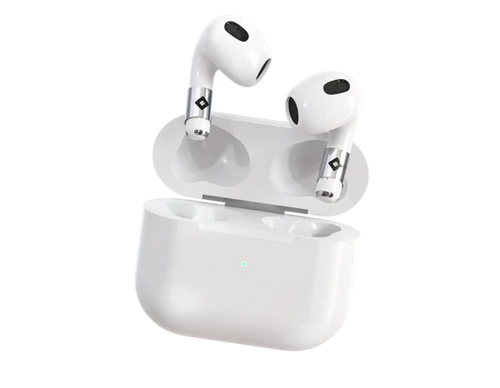
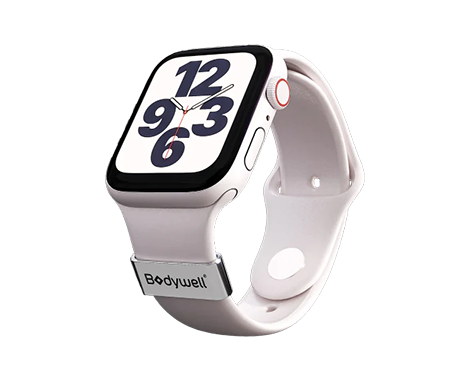








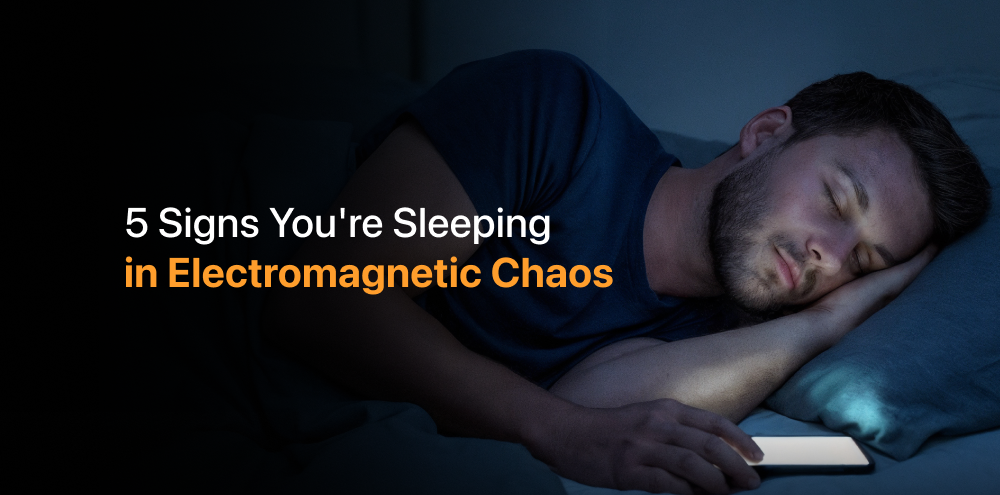

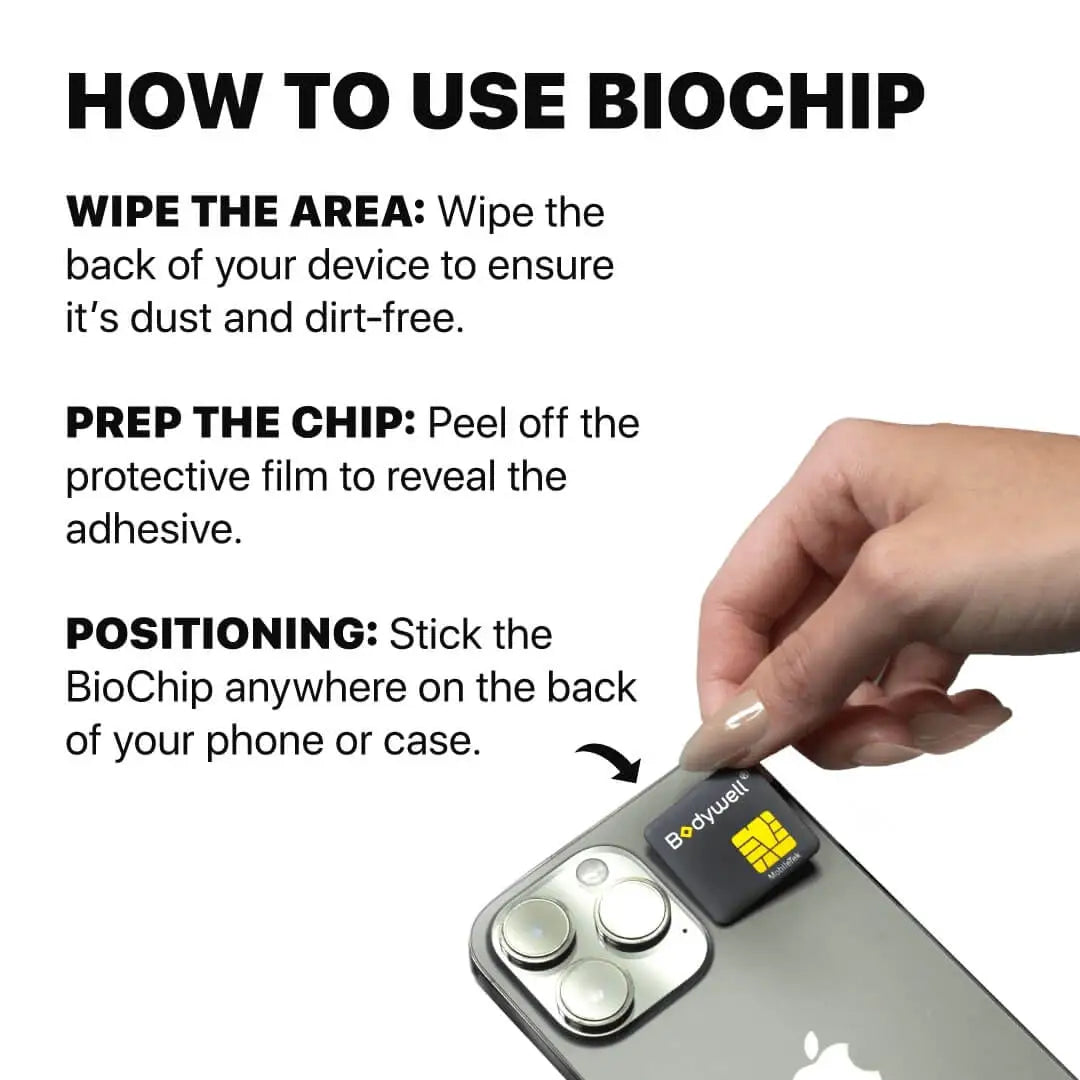


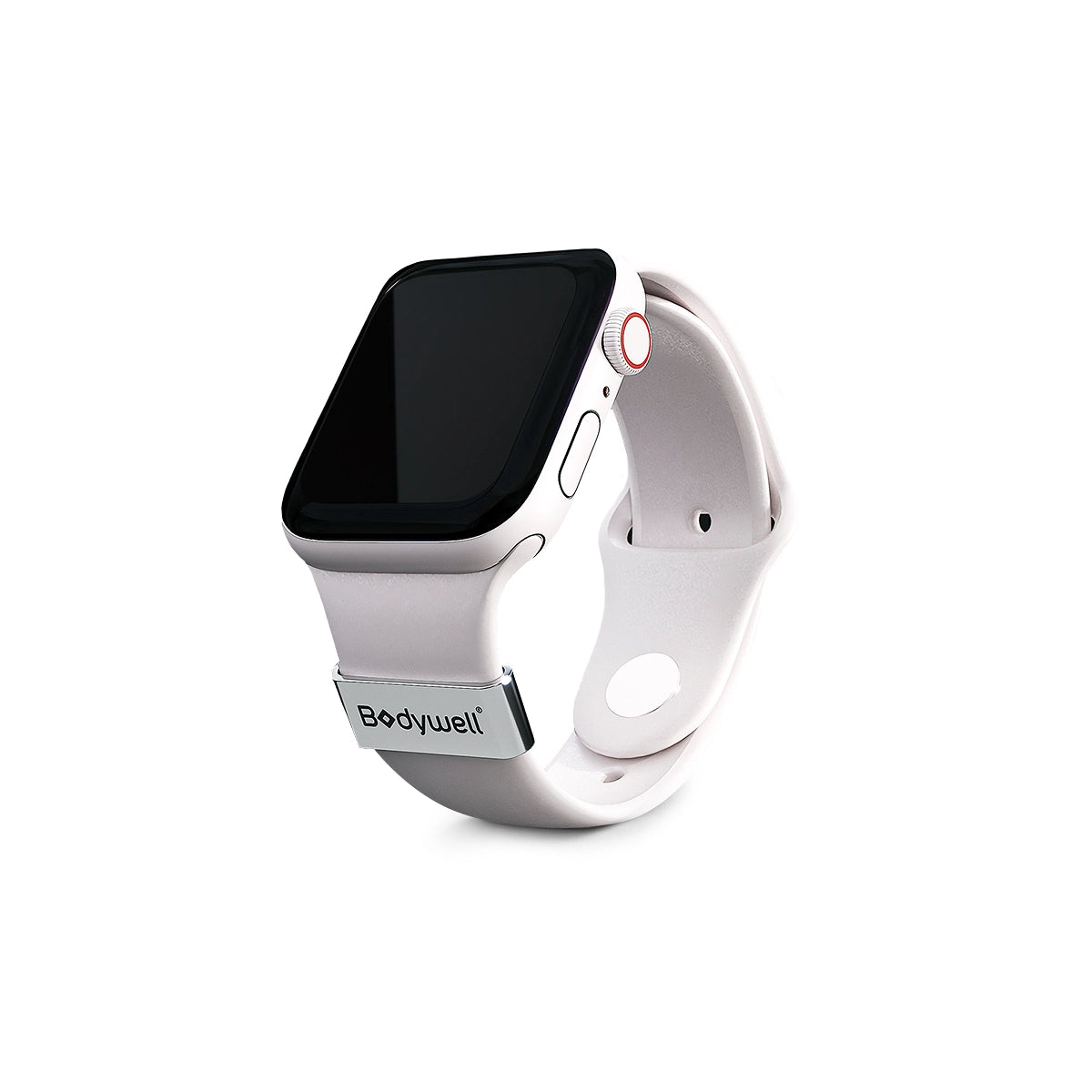
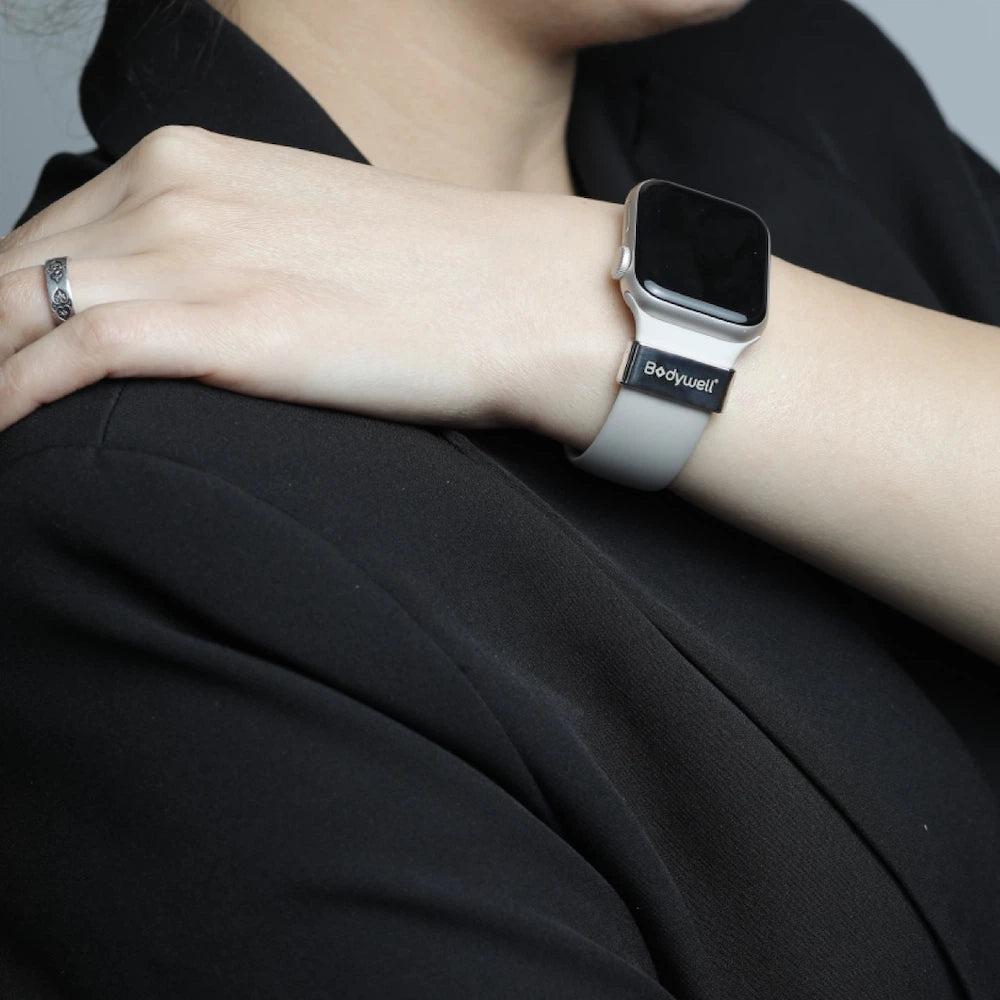

Leave a comment
This site is protected by hCaptcha and the hCaptcha Privacy Policy and Terms of Service apply.